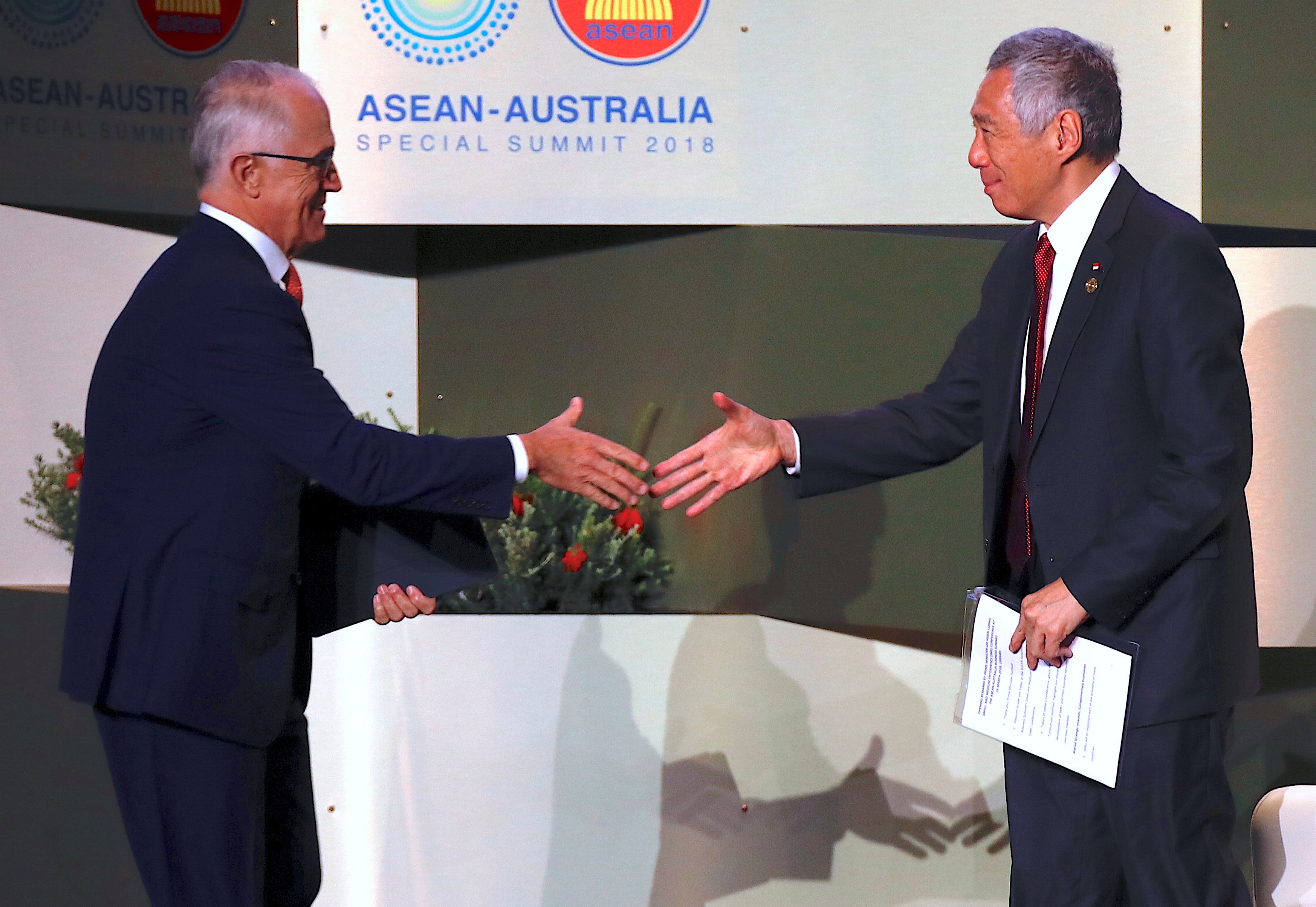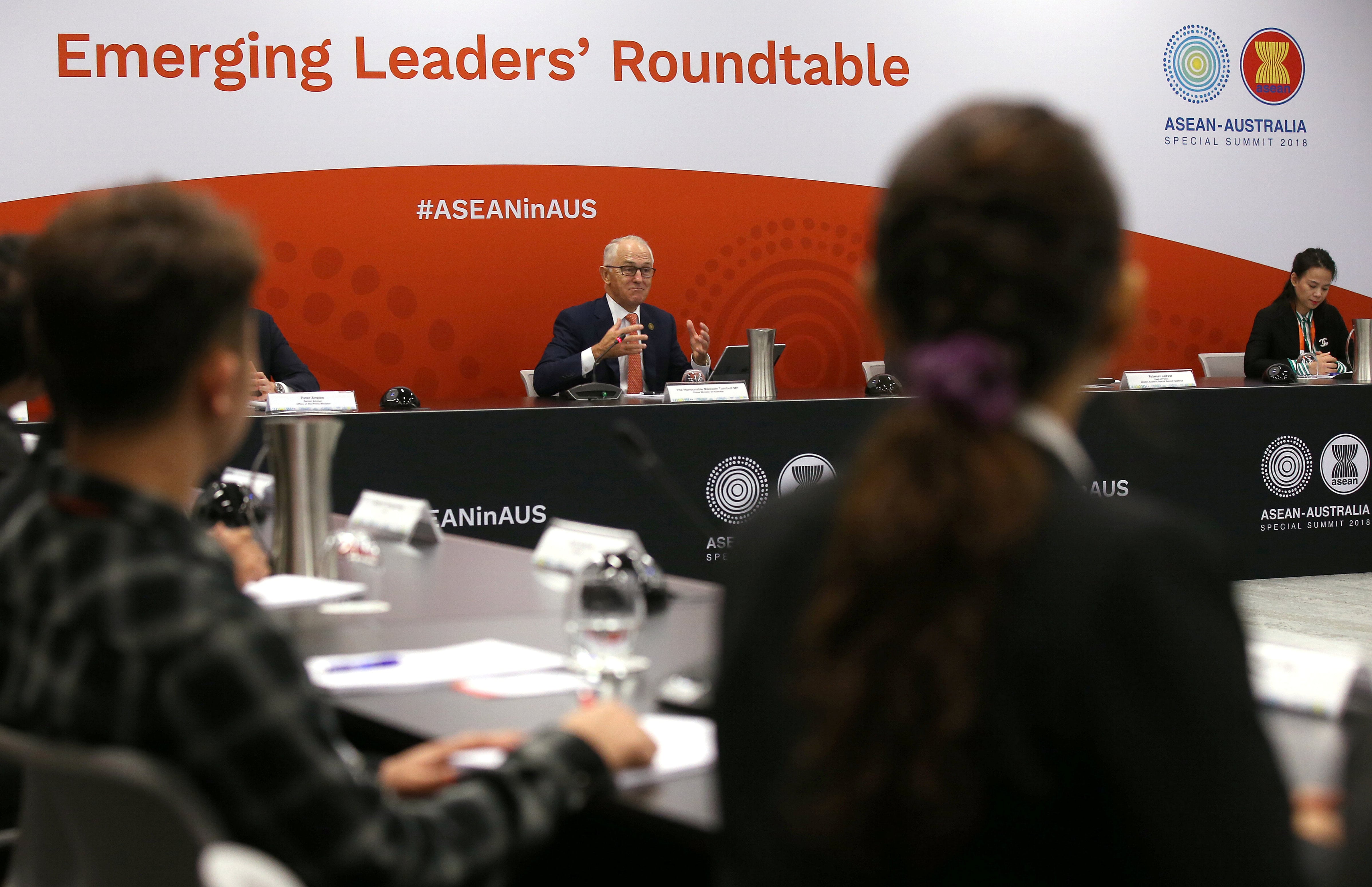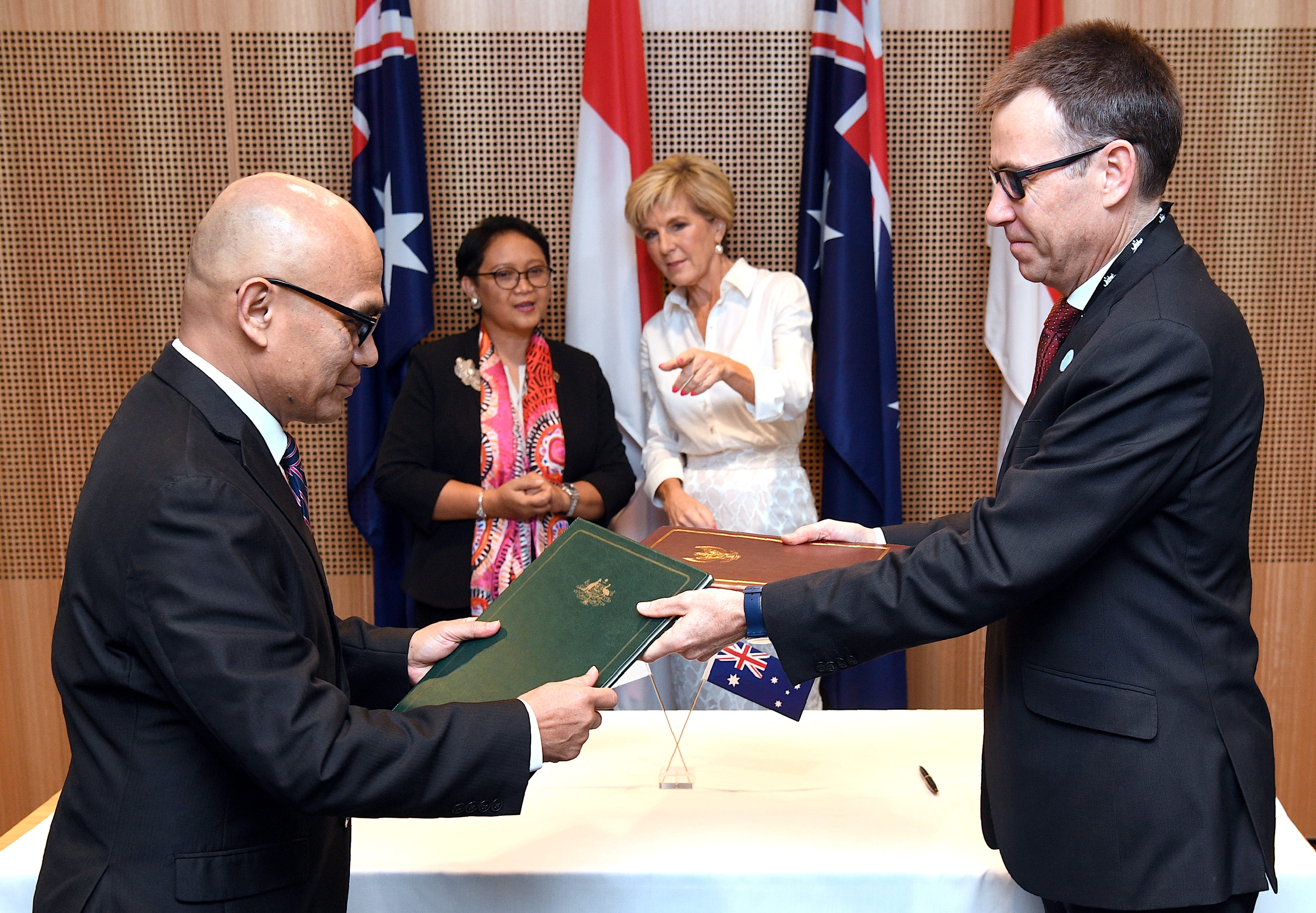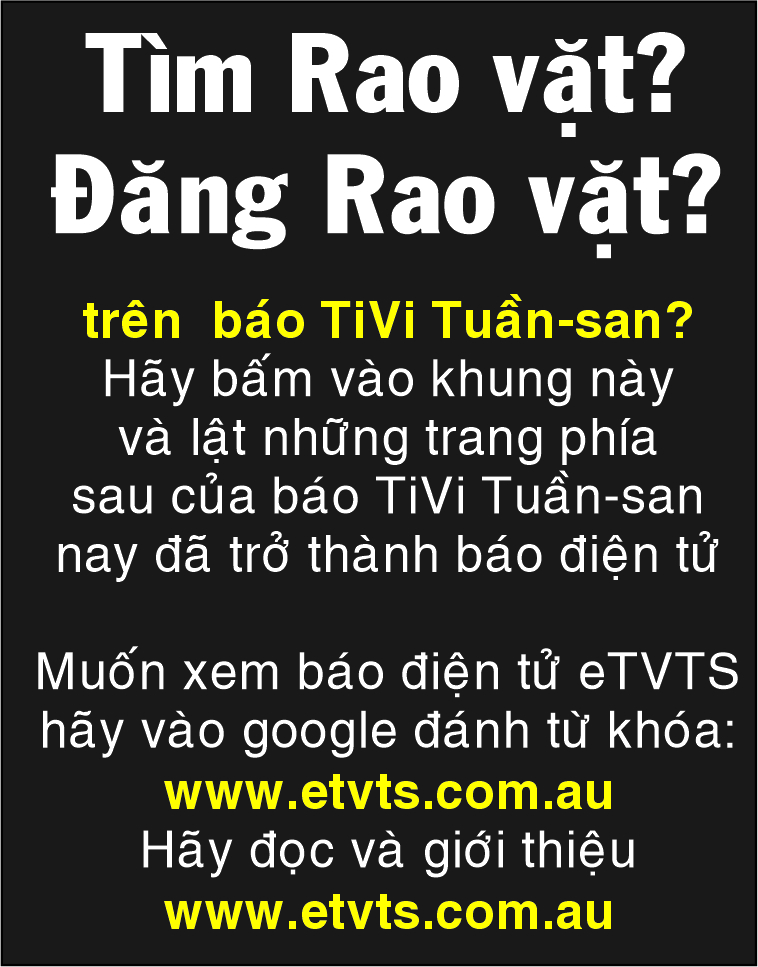Rejecting protectionism, ASEAN and Australia commit to free trade
 Australian Prime Minister Malcolm Turnbull shakes hands with the Prime Minister of Singapore Lee Hsien Loong at the start of the Small-and-Medium sized Enterprises (SME) conference being held during the one-off summit of 10-member Association of Southeast Asian Nations (ASEAN) in Sydney, Australia, March 16, 2018. (Photo: Reuters)
Australian Prime Minister Malcolm Turnbull shakes hands with the Prime Minister of Singapore Lee Hsien Loong at the start of the Small-and-Medium sized Enterprises (SME) conference being held during the one-off summit of 10-member Association of Southeast Asian Nations (ASEAN) in Sydney, Australia, March 16, 2018. (Photo: Reuters) The Association of Southeast Asian Nations (ASEAN) and Australia reject protectionism and embrace free trade, Australian Prime Minister Malcolm Turnbull and his Singapore counterpart Lee Hsien Loong have said.
“You don’t grow stronger by closing the door to other markets. Protectionism is a dead end. It is not a ladder to get you out of the low growth trap, it is a shovel to dig it much deeper,” Turnbull told a special meeting of ASEAN in Sydney.
“We must face the world, not turn from it. Embrace free trade, not retreat from it,” Turnbull said on day one of the three-day summit.
The anti-protectionism comments come as market sentiment sours with signs of a looming trade war between the United States, China and Europe over US President Donald Trump’s plans to raise tariffs on steel and aluminium imports, and possibly up to $US60 billion worth of Chinese imports, targeting technology and telecommunications sectors.
“I know the global mood may be heading in the opposite direction but within ASEAN we are working to deepen and deepen interdependence to work together to open up markets,” said Singapore’s Lee.

Australian Prime Minister Malcolm Turnbull reacts as he speaks to delegates during the opening remarks for an Emerging Leaders roundtable during the one-off summit of 10-member Association of Southeast Asian Nations (ASEAN) in Sydney, Australia, March 16, 2018. (Photo: Rick Rycroft/Pool via Reuters)
Australia is hosting the special ASEAN meeting, despite not being a member of the 10-nation bloc, as it seeks to deepen political and trade ties in the face of China’s rising influence in the region.
Trade is a central topic of the meeting, though human rights and Chinese assertiveness in the region are set to dominate bilateral talks amongAustralia and ASEAN countries.
Australian Foreign Minister Julie Bishop said she will raise human rights concerns with Myanmar and Cambodian leaders.
Asked whether the ASEAN meeting was a direct counter to China’s growing interest in the region, Bishop said Australia believed the bloc brought it “peace, stability and security”.
“We don’t see it as having a role to balance the powers in the Indo-Pacific but rather be at the heart of the engagement collaboration with other countries,” she told Australian Broadcasting Corp radio ahead of the opening of the summit.

Australia’s Foreign Minister Julie Bishop stands with her Indonesian counterpart Retno Marsudi talk as Indonesia’s Director General of Asia Pacific and African Affairs exchanges documents with Richard Maude from Australia’s Department of Foreign Affairs and Trade during the Australia-Indonesia Maritime Cooperation Plan of Action signing ceremony in Sydney, Australia, March 16, 2018. (Photo: William West/Pool via Reuters)
China claims most of the South China Sea, an important trade route which is believed to contain large quantities of oil and natural gas, and has been building artificial islands on reefs, some with ports and air strips.
Brunei, Malaysia, Vietnam, the Philippines, all of which are members of ASEAN, and Taiwan also have claims in the sea.
The inclusion of Myanmar leader Aung San Suu Kyi and Cambodia Prime Minister Hun Sen in the meeting has drawn criticism, and large protests are planned against both.
Turnbull is under pressure to publicly condemn the deaths and expulsion of thousands of Rohingya Muslims from Myanmar’s Rakhine State in recent months.
“It is in our interest to engage all ASEAN members including Aung San Suu Kyi at this summit because it gives us the best chance of influencing outcomes and making our concerns known, so these are matters that we would be discussing with the Myanmar delegation,” Bishop said.
Hun Sen, meanwhile, stirred anger in the local Cambodian expat community when he warned potential protesters against burning effigies of him in Sydney, saying: “I will follow you all the way to your doorstep and beat you right there … I can use violence against you.”
The United Nations, Western nations and rights groups have decried a crackdown by Hun Sen against his critics ahead of a July general election.
Asked about the threat, Bishop said Australia was “certainly going to raise our concerns with the Cambodian delegation”.
Reuters



